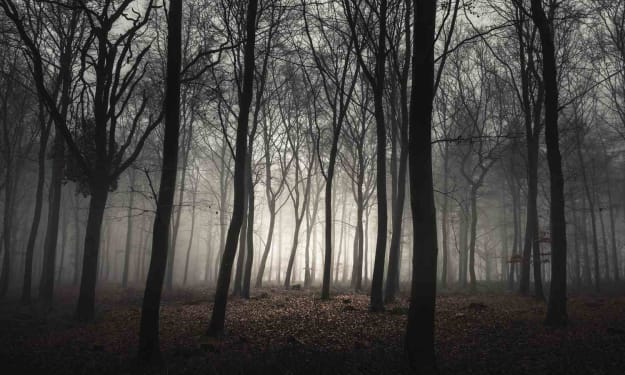
Introduction: Previously restricted to the domains of horror literature and folklore, zombies have emerged from the shadows of the subconscious to become a ubiquitous and captivating phenomena in contemporary society. This essay investigates the development of zombies, exploring their ancestry, cultural relevance, and pervasive influence on literature, cinema, television, and even scholarly conversation.
Origins and Folklore: Ancient folklore and religious traditions are the source of the idea of reanimated corpses, which is frequently connected to a mindless need for human flesh. There have long been tales of creatures that resemble modern-day zombies, from the voodoo rituals of Haiti to the old Mesopotamian tales of the undead. According to Haitian tradition, a zombie is a person who has been brought back to life by a sorcerer and used as a dumb slave.
Literature and Early Depictions: In the early 20th century, zombies were frequently portrayed in fiction, most notably in Richard Matheson's "I Am Legend" and H.P. Lovecraft's "Herbert West–Reanimator." These early works, which explored themes of science gone wrong and the existential dread of a world overrun by the undead, set the groundwork for the zombie archetype as we know it today.
Cinematic Evolution: George A. Romero's groundbreaking film "Night of the Living Dead" (1968) revolutionized the genre of zombies, and it was in the film industry that zombies truly took off. Romero's zombies were reinterpreted as undead bodies consumed by an unquenchable need for human flesh, ushering in a period of postapocalyptic horror that still holds the attention of viewers today.Later horror movies such as "28 Days Later" and "Dawn of the Dead" cemented the zombie's place in the genre even more.
Cultural Impact: Zombies have influenced popular culture in a variety of ways outside of books and movies. From video games like "Resident Evil" to TV series like "The Walking Dead," zombies have proliferated and served as an inspiration for innumerable spin-offs, parodies, and products. Furthermore, the idea of the zombie apocalypse has caught people's attention and become a metaphor for a variety of societal ills, from political instability to infectious disease.
Academic Discourse: Scholars from a variety of fields are delving into the cultural relevance of the undead in light of the zombie phenomenon's emergence. Scholars have examined zombie stories' themes—such as consumerism, posthumanism, and social commentary—and shown how useful they are as a prism through which to view modern society.
In conclusion, the development of the zombie from a strange folktale to a worldwide phenomenon is proof of the storytelling's eternal power and people's fascination with the horrific. The zombie continues to shamble its way through our collective consciousness, leaving an enduring impression on popular culture for future generations, whether it is seen as a metaphor for society collapse or just for fun.
Scientific evidence does not support the implausible scenario of reanimated corpses roaming the earth during a zombie apocalypse, as depicted in popular culture. Nonetheless, there are real-world equivalents for some characteristics of zombie behavior, such as contagious illnesses that change behavior or incite hostility.
Toxoplasma gondii, for instance, is a parasite that can change its host's behavior, though not to the extremes seen in zombie literature. Furthermore, a number of illnesses, including rabies, can make an afflicted person aggressive and change their behavior.
Moreover, even though scientific and technological developments like genetic engineering and biotechnology give rise to ethical questions and the possibility of unforeseen consequences, the possibility of producing a virus that could trigger a zombie-like outbreak or a real, living corpse is still entirely hypothetical and firmly based in fiction.
In conclusion, the idea of a full-scale zombie apocalypse is not scientifically possible, even though some aspects of the zombie mythos have real-world counterparts. It is crucial to recognize the difference between fact and fiction and to apply critical thinking and a grasp of scientific principles to discussions of such scenarios.






Comments (1)
Hey there, just wanna let you know that this needs to have the disclaimer added to the beginning or ending, stating that it was created with the help of AI 😊